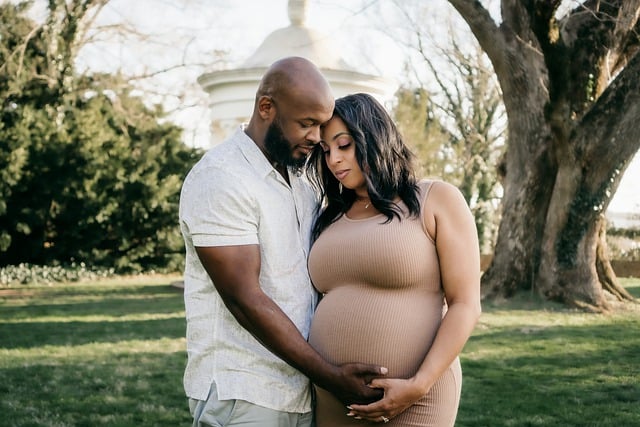Hey friends! Last month, we introduced you to Sarah Wells, our in-house therapist, and this month we’re diving deeper into some of the emotional challenges that can surface during the infertility journey.
So, why do people typically come to see Sarah? Well, at our center, anyone using a known or unknown donor or gestational carrier meets with her for an educational session. This isn’t just a formality—it’s a chance to discuss the nuances of involving a third party in building your family. Each meeting is tailored to the individual or couple’s needs, addressing topics like:
- The emotional impact of having a child who isn’t genetically related to you.
- How to navigate discussions about third-party reproduction with family and friends.
- The choice of whether to meet the donor or not.
- The implications of multiple pregnancies (hello, twins or triplets!).
- Support options available during and after treatment.
But that’s not all! Many people also reach out after experiencing a failed cycle or a miscarriage, feeling lost and unsure about how to move forward. Sarah helps them process their grief and find ways to honor their loss. It’s all about helping them navigate the emotional rollercoaster that infertility can bring—whether that’s feelings of isolation, sadness, or the stress of treatment.
She often finds that she’s the first person outside of their partner that patients confide in about their infertility struggles. For some, it’s a moment of decision-making about their next steps—like whether to attempt another IVF cycle, consider egg donation, or even explore adoption or living child-free. In therapy, they weigh the pros and cons while aligning their choices with their personal beliefs and life circumstances.
Now, you might wonder if you should see a therapist. Sarah suggests that even one exploratory visit can be beneficial. Your doctor can refer you for a complimentary session to discuss your concerns without any commitment to long-term therapy. Sometimes, just talking through your feelings can provide a fresh perspective.
Speaking of support, have you heard about the Mind/Body Workshop? It’s a fantastic way to learn relaxation techniques while connecting with others in similar situations. Research indicates that while the link between stress and infertility is still debated, there’s a clearer relationship between depression and infertility. The group setting fosters a sense of community and can help alleviate mild depression.
Now, if you’re considering therapy, remember that if you’re feeling symptoms of depression lasting more than a couple of weeks, it’s a sign to seek help. Signs include persistent sadness, loss of interest in activities, increased anxiety, and feelings of isolation.
To wrap it up, if you’re interested in making an appointment, reach out to the front desk or consider a visit with Sarah in her private practice. She’s there to help you navigate through these tough times.
For more insights on achieving your pregnancy goals, check out these essential tips for pregnancy and childbirth. And if you’re looking for reliable insemination kits, Cryobaby offers a great home insemination syringe kit that you might find useful. Lastly, for those keen on tracking their pregnancy week-by-week, March of Dimes is an excellent resource to guide you during your journey.
Summary: Navigating infertility can be emotionally taxing, and seeking therapy can provide invaluable support. From addressing grief over failed treatments to discussing the complexities of using donors, therapy offers a safe space for individuals and couples to explore their feelings. Workshops and community support can also help manage stress and depression during this challenging time.

